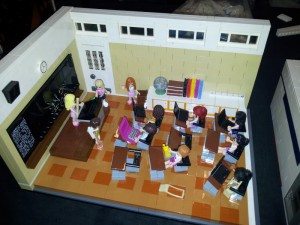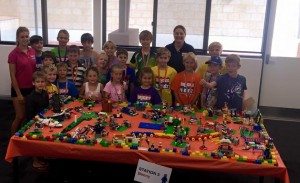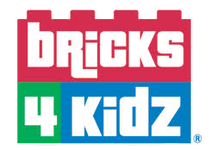When most people think of school, what often comes to mind is a structured classroom environment where students listen to teachers, finish assignments and complete tests. Recently, the educational system has been broadly criticized, particularly for its handling of younger students. Teachers feel restricted to certain educational methods, parents feel their children are stressed and over-tested, and administrators feel immense pressure for schools to rate high on standardized tests.
All of these points lead to the same question: When did learning become such a drag? Countless scholarly articles tout the benefits of fun-based education. Experts promote incorporating fun and free time into the classroom to enable students to process information more efficiently. Furthermore, any parent knows that when kids enjoy what they are doing, they want to do more of it!
“Between 3 percent and 20 percent of young children’s time and energy is typically spent in play,” according to Learning Through Play as reported in the Encyclopedia on Early Childhood Development. What’s more, the report states: “If young children are temporarily deprived of play opportunities, for example being kept in a classroom, they play for longer and more vigorously afterwards. As children invest time and energy in play, and there are opportunities for learning when they do play, there seems to be a need for play.”
 Parents can speak with teachers and administrators about their plans for incorporating fun-based learning methodologies into the classroom setting. However, the most powerful influence you can have on your child’s approach to learning is to set the tone at home and thoughtfully select extracurricular activities.
Parents can speak with teachers and administrators about their plans for incorporating fun-based learning methodologies into the classroom setting. However, the most powerful influence you can have on your child’s approach to learning is to set the tone at home and thoughtfully select extracurricular activities.
Is your child obsessed with certain cartoon characters? Does he or she watch the same movie over and over again? Before bed, do you two always reach for the same book series? The popular characters your child has grown to know and love offer more than just entertainment value. When used appropriately, they can be incorporated into learning activities to help him or her gain valuable educational skills.
Beyond imaginary play, dolls and figurines can be used to play out scenarios to practice problem-solving skills. Use blocks or collectables to practice addition or multiplication to boost math comprehension. Incorporate themes into learning activities so children are deeply engaged. For example, Bricks 4 Kidz fun camp themes include building your favorite Super Hero or bringing Jurassic Brick Land to life using LEGO® Bricks.
By using familiar characters and objects, kids will feel comfortable immediately because you’ve created an environment of fun. After that, the learning will come naturally — no begging, pleading or bargaining necessary. Want to know more? Check back for the next blog post, which will offer specific ideas for fun-based learning that any family can easily implement at home.
